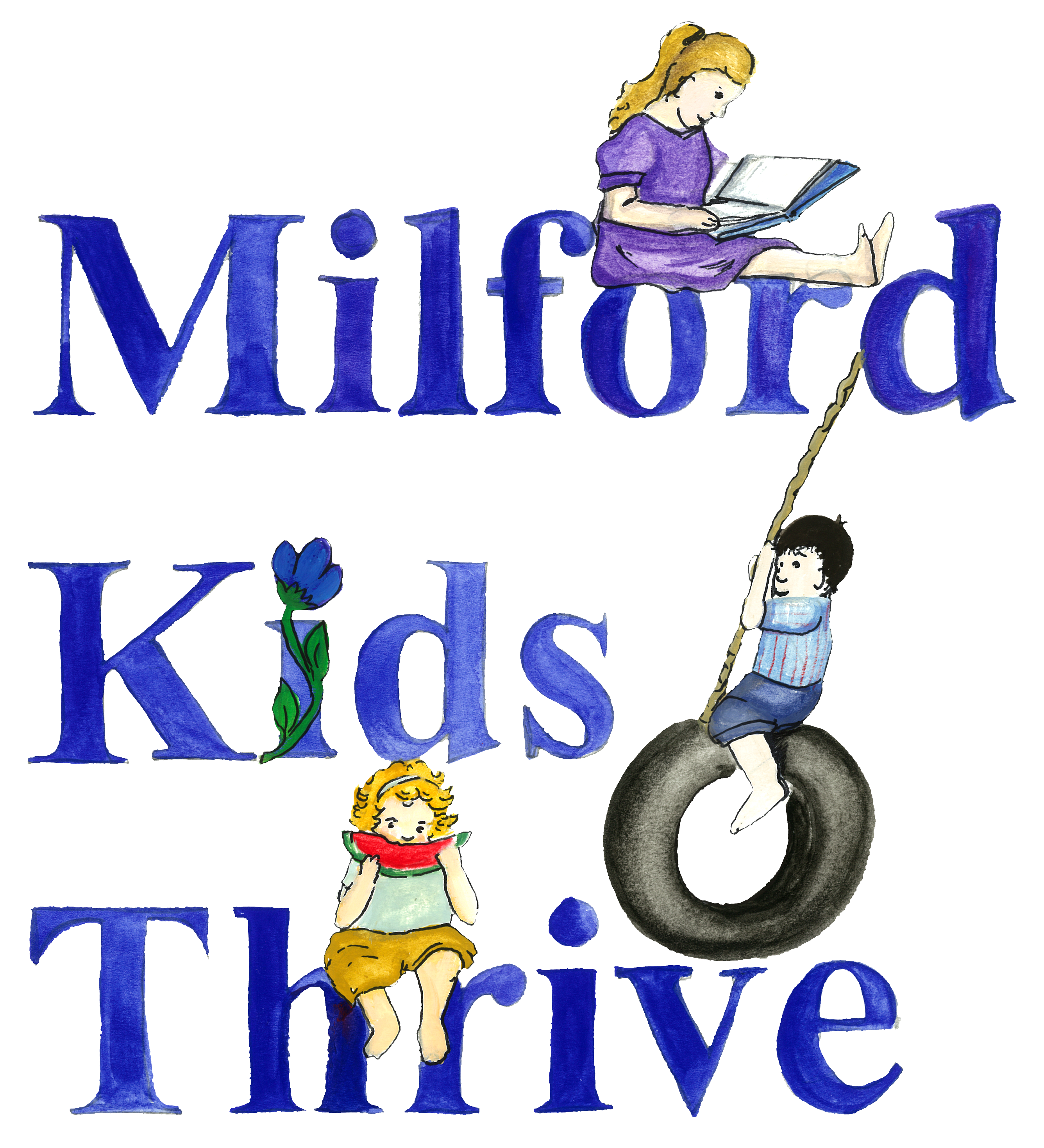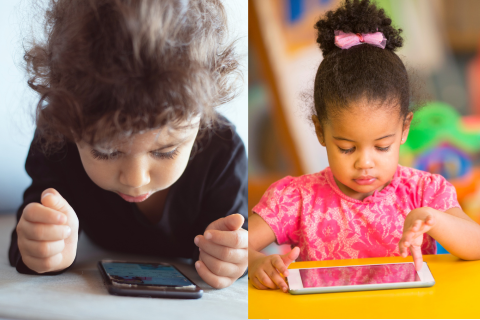The following is an article by Ariel Gilreath shared from the bi-monthly newsletter titled ‘Early Childhood’ from The Hechinger Report dated 7/26/2023
Is screen time for preschoolers as bad as we think? A new study from researchers at Ohio State University suggests the answer is more nuanced than popularly believed.
Using data gathered in 2018-19, researchers in the recent study tracked the screen time of preschoolers from minority and lower-income households. Families of 179 children were asked to fill out a 24-hour time diary of their children’s activities, including media use. The study also measured the children’s social and academic performance in the fall and spring.
Researchers found little effect on children’s social and academic development when they averaged about two hours’ screentime during the day over the course of the year. But when children spent more than two hours on screens, researchers noted that their social skills grew more slowly than those of other children in the study. Children who spent more than an hour in front of screens at night also showed smaller gains in social skills, a result researchers said could be caused by poor sleep.
The American Academy of Pediatrics recommends that families limit screen use to one hour per day for children ages 2 to 5.
“A lot of the conversation demonizes media use, and I don’t think that’s productive for anyone,” said Rebecca Dore, the study’s lead author and the director of research at OSU’s Crane Center for Early Childhood and Research Policy.
Gilreath spoke with Dore about the study and what parents can take away from it. The conversation has been edited for length and clarity.
What is the benefit of using a time diary for this kind of research?
A lot of studies on this subject will say, “On average, how much does your child use media on a typical day?” So, you’re having to recall media use, but you’re having to recall it in this very generalized way that is (a) hard to remember, and (b) really easy to talk yourself into being different. So, it’s like if I say: “Probably on average my kid uses about five hours a day on screens. No, it can’t be five hours a day. It must be more like three.” And in these cases, we expect that people are probably lowering those averages, and there might be differences in how much people are adjusting or misremembering in those average, typical day questions.
We think that this time-diary approach — where you’re just thinking about yesterday, you’re not thinking about media use in this context because we were just asking them to report on the full day, and that just happened to include media use — is likely to be more accurate and less prone to both memory bias and social desirability bias.
Did any of the screen time data surprise you?
In general, there is some literature suggesting that media use might have negative effects on some of these outcomes, but I think it’s very aligned with a lot of previous work coming out of my lab that it really only seems to be these high levels of media use that matter. So, I wasn’t surprised by that. I think the piece we were surprised by is the outcomes for these social behavioral skills and not for academic skills.
So much of this literature and societal hype around this issue is related to academic skills, like: “TV is melting their brains. It’s replacing all this reading they’re supposed to be doing.” So, it was surprising that that’s not what we saw here. And we think of social skills, perhaps, as more resilient to these potential effects. We’re seeing that media use is not necessarily replacing time spent reading or time spent doing a lot of educational activities. Rather, kids who use really high levels of media aren’t having time to interact with peers and with their parents and family members. And that can be leading to these more specific effects on social and behavioral skills.
The study isn’t saying we shouldn’t care about screen time at all. What impact do you hope research like this will have?
Very few families are doing zero media use with their kids, even from a very young age. It’s likely to seem not feasible or practical, or even desirable, to have zero media use with young kids. I hope that this type of research will shift that conversation in terms of not talking only about how terrible media use is, but talking about these more nuanced aspects of the findings.
This data doesn’t necessarily mean that there are no negative effects of media use for other outcomes, like sleep, or obesity, or other populations. I think this data has some important implications for how we think about media use for preschoolers in this particular population, but there is a lot more rigorous research needed to fully explore this topic.
For more on screen time and your preschooler check out Why your toddler can’t learn from a screen
and for more on your child’s healthy development head to our Child Development page.

